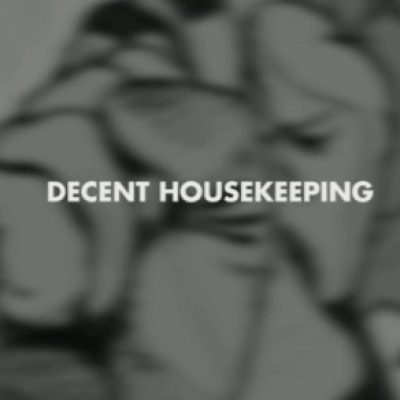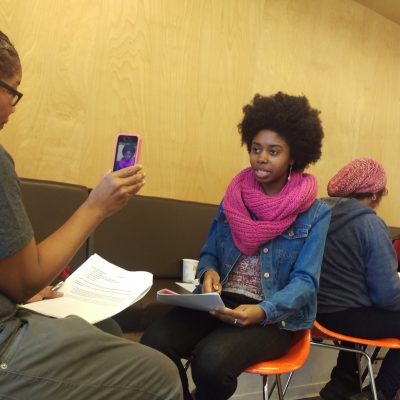Article
Formal documentation of any employer-employee relationship is extremely important because it creates a professional environment in which both parties are aware of their rights and obligations within the working relationship. However, such formal documentation rarely exists in the case of domestic work in the Netherlands. Domestic work is a unique profession because the employee is working exclusively within the private sphere of the employer. The private nature of this form of employment is often cited as one of the reasons why there is no clear formal working relationship between domestic workers and their employers in the Netherlands.
Domestic workers are common in the Netherlands, yet most people who employ domestic workers are not personally familiar with neither their employees nor with the many struggles these domestic workers face as a result of the lack of formal employment documentation.
What happens when a domestic worker breaks a very expensive object while cleaning the employer’s home? Or what if the domestic worker breaks his or her leg while working, and is temporarily unable to perform domestic work? What are the rights and obligations implicated by these scenarios?
Without formal documentation in place, domestic workers and their employers are not subject to—nor are they protected by—clear guidelines that would govern such situations.
Senior Fellows Floortje Anna de Jong, Sigal Liberman, and Ayla Murad found it alarming that the Dutch public was so uninformed about the lack of formal documentation in domestic work agreements, and that both employers and employees were engaging in such agreements without fully understanding their rights and obligations.
The dedicated team of three was determined to find a way to respectfully and effectively inform employers of the duties and responsibilities that came with hiring domestic workers.
The team began by contacting FNV Bondgenoten, one of the largest Dutch labor unions, to discuss their concerns with the lack of formal documentation in the realm of domestic work and to brainstorm ways they could help tackle the issue. The Senior Fellows met regularly with FNV, several domestic workers groups, and other local organizations before developing the concept for “Decent Housekeeping.”
Floor, Sigal, and Ayla have successfully organized two “Decent Housekeeping” meetings—first in The Hague and then in Amsterdam—which have already sparked debate among social media outlets. These gatherings brought together employers of domestic workers to discuss issues related to employing domestic workers in the Netherlands and ways that employers can create a respectful and professional work environment within their homes.
Domestic work is a unique profession, as the employee is working exclusively within the private sphere of the employer.
Through a series of gatherings and the creation of a nationwide network of those who employ domestic workers, “Decent Housekeeping” will directly engage such employers, giving them the encouragement and support necessary to be part of a decent housekeeping relationship. Inspired by the American organization Hand in Hand, this network will bring together those who employ nannies, housecleaners, and home attendants, and who are committed to the belief that dignified and respectful working conditions benefit worker and employer alike. This network will give its members a valuable platform from which to contribute to the public debate on issues related to domestic work, paving the way to better laws and regulations.
The most important advice that Floor, Sigal, and Ayla could give when planning your own Action Project is be to find other organizations that are already working on the issue that you want to address and to get in touch with them.
The Senior Fellows partnered with several organizations for their project, which they believe has proven to be critical to their success.
They also encourage anyone interested in developing a similar project to begin by setting realistic goals, focusing on what can be accomplished with time and resources available. Additionally, they learned that it is important for team members to meet regularly to evaluate the progress of the project.
The Senior Fellows partnered with the following organizations to develop and implement this project: FNV Bondgenoten, E-Quality, FNV Lokaal, Gezin en Diversiteit, HIVOS, Importante, Justitia et Pax, Kenniscentrum voor Emancipatie, Latin American Women Initiative for Development (LAWID), Legal Aliens, MOC Heilig Hart, OKIA, Stichting MARA, Stichting MOOI, Stichting Yasmin, Vrouwen Mondiaal, Vrouwen Plaza, Vrouwenvereniging/Moedercentrum de Koffiepot, Het Wereldhuis Den Haag and Women Inc.
The team of Senior Fellows are looking to expand the “Decent Housekeeping” network. They encourage all committed employers to join the network and help contribute to the public debate on the issues involving domestic work. To learn more about “Decent Housekeeping” and to join its employer network, please visit the campaign’s Facebook page.



